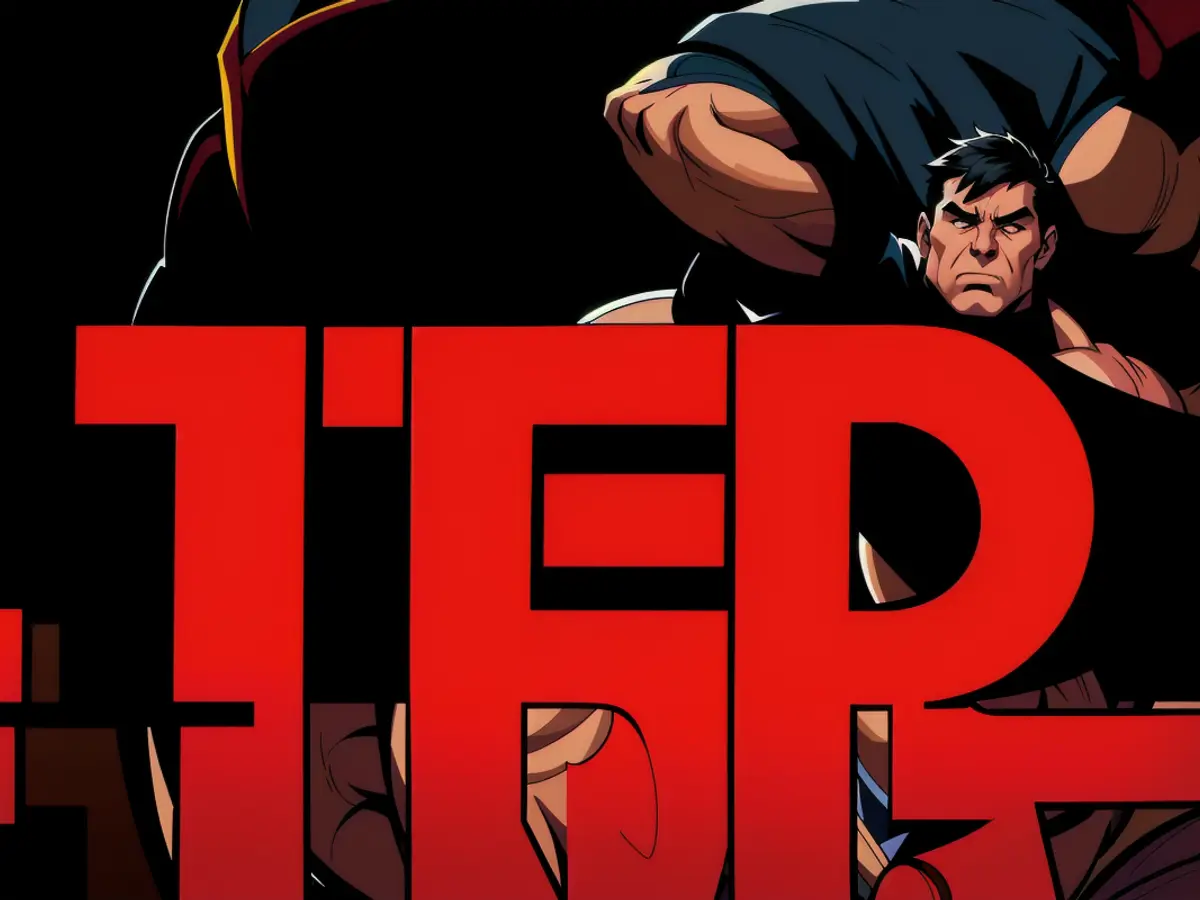Title: Ethics in Business Decision-Making: Equipping AI with Morality
In the surge of artificial intelligence (AI) adoption, business leaders wrestle with striking a balance between embracing this technology swiftly and safeguarding human creativity. With AI tools generating texts, images, videos, and audio in mere seconds, the line between creative expression and AI-driven content becomes blurred.
The ethical dilemma stemming from this trend revolves around the need to choose between prioritizing rapid technological integration or dedicating time and resources towards ensuring ethical compliance to foster human flourishing. This dilemma takes center stage in discussions around generative AI, which has the potential to automate, augment, or even replace creative jobs.
Recently, news organizations led by The New York Times sued OpenAI's ChatGPT creators for alleged copyright infringement, as they claim the companies used their articles without permission or payment. Furthermore, a Goldman Sachs report suggests that more than a quarter of tasks in arts, design, entertainment, and sports could be automated with AI.
To better understand the ethical implications of generative AI on human creativity, we can draw from the philosophical perspective of personalism, which emphasizes human exceptionalism, irreplaceability, and the importance of creative expression as an expression of intrinsic morality and dignity. Given the profound impact of generative AI on a morally significant aspect of human life, ethical considerations should guide its use.
Organizations have a dual responsibility: fostering economic sustainability through technological innovation, and ensuring human flourishing through creative expression. To achieve balance, we need to understand the foundations of creativity through a three-dimensional model consisting of uniqueness, relationality, and unpredictability.
Uniqueness
The creative output is a direct manifestation of the creator's unique qualities. Generative AI's absence of creator involvement undermines this principle, particularly where output originality matters. Collaborative decision-making is critical here, where creative professionals work together with organizational stakeholders to determine AI compatibility with creative processes and objectives.
Relationality
Artistic creation is built on a continuous exchange between the creator and the audience. In industries reliant on AI, organizations should integrate professionals skilled in prompt engineering and humanistic experts in artistic and intellectual endeavors to preserve the relational aspect of creative work, ensuring a nuanced understanding of audience needs and broader societal impact.
Unpredictability
In personalism thinking, creativity is tied to the exercise of freedom. Generative AI raises concerns about potential harmful or inappropriate content. By incorporating human reviewers, organizations can flag content, mitigating such risks before releasing models to the public.
In conclusion, ethical considerations should guide the use of generative AI in business, focusing on the people engaging in creative processes and establishing ethical guidelines for development and deployment to minimize job displacement and promote inclusivity. Ultimately, human creativity and ethical standards must coexist in the age of AI, striking a balance between technological integration and human flourishing.
In light of the ethical implications of generative AI on human creativity, it's essential to consider the philosophical perspective of personalism, which emphasizes the importance of creative expression as an expression of intrinsic morality and dignity. This perspective underscores the need to ensure that generative AI tools, such as ChatGPT, respect human exceptionalism and the creator's unique role in the creative process.
Furthermore, as generative AI has the potential to automate or replace creative jobs, organizations must prioritize decision-making that balances rapid technological integration with ethical considerations. This includes fostering collaboration between AI developers and creative professionals to ensure AI tools complement, rather than replace, human creativity.








